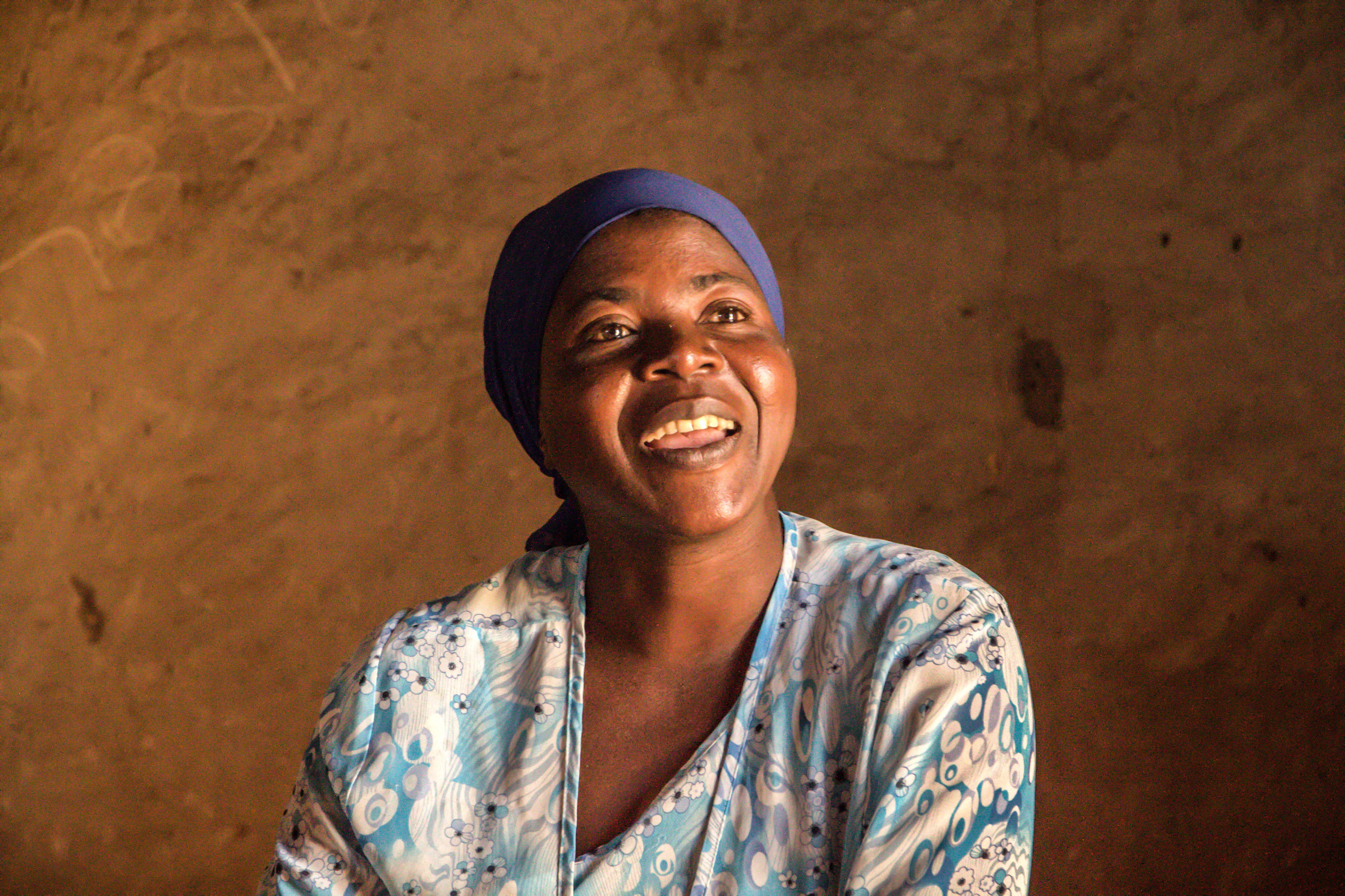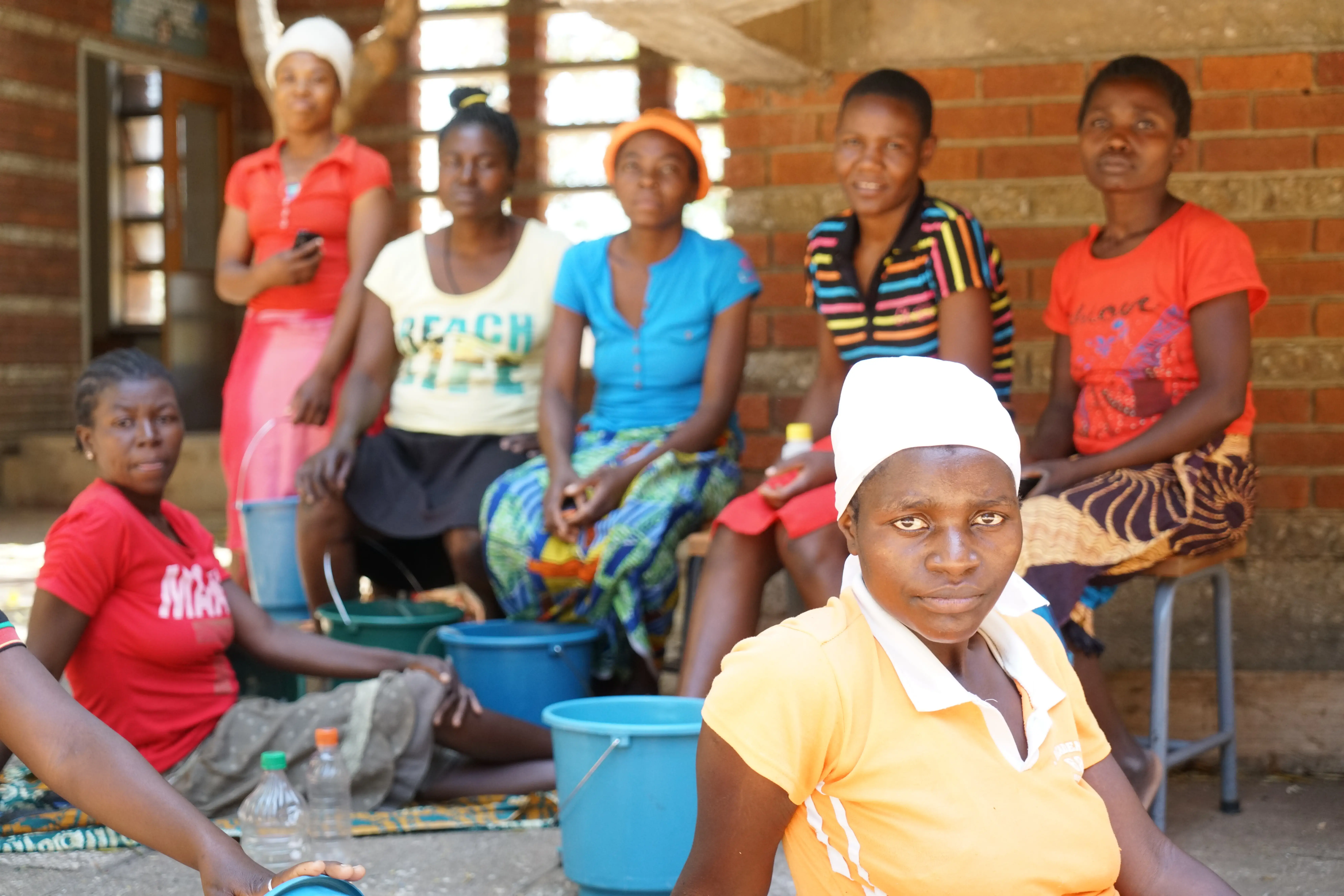Headlands, Zimbabwe, 23 May, 2016 – On this day last year Tuwede Adam (36) was sitting in her home dejected and sad having suffered from fistula for 19 years. In 1996, while giving birth at home during an agonising 4 day labour at the age of 16, Adam suffered this birth injury that left her incontinent. Since this injury, she had lost her social life, ostracised by her community in Headlands in Zimbabwe’s Manicaland province.
My life was just about staying indoors or at home on my own…I just could not go anywhere where people were.
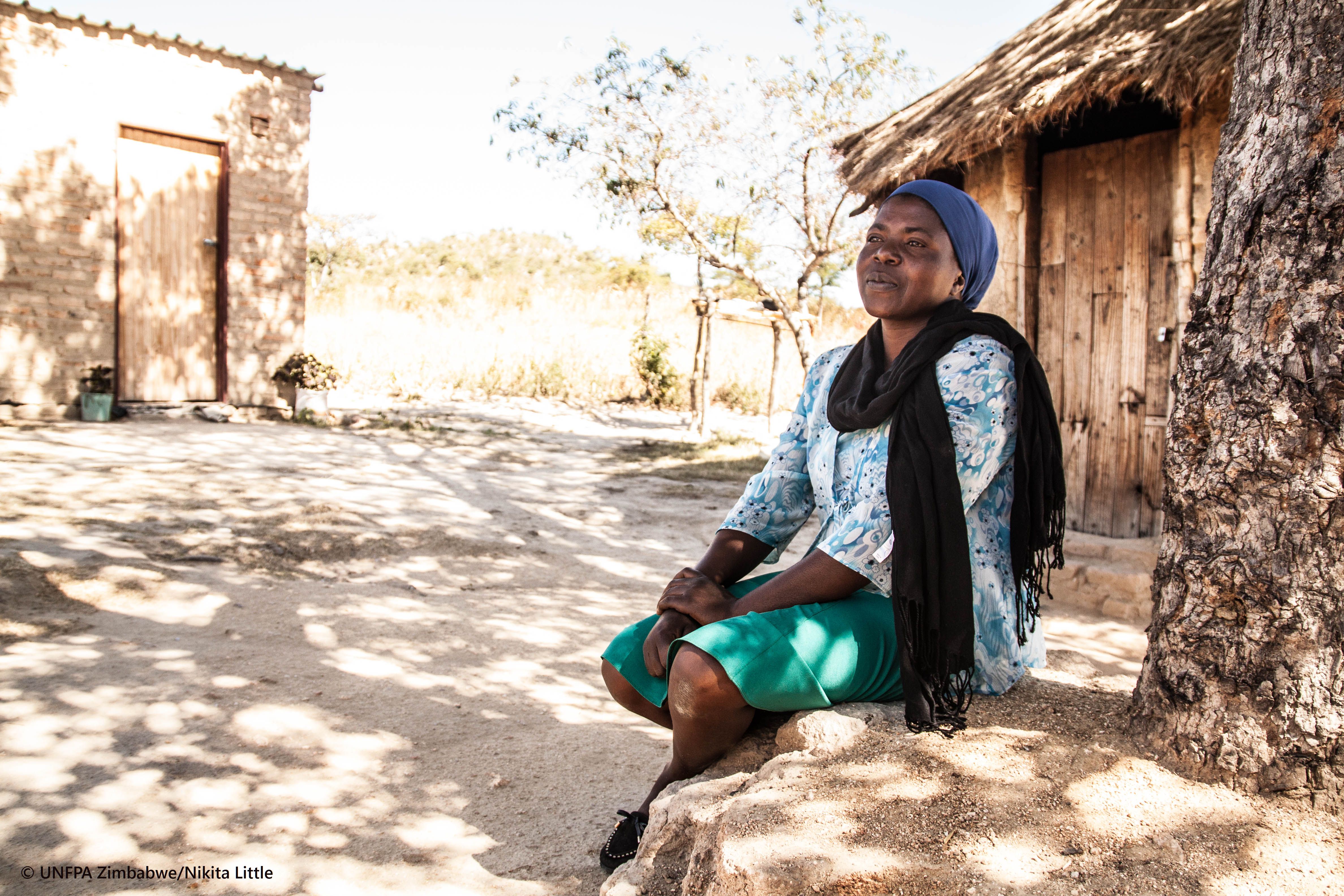
However, today Adam sits in her home a much happier person. She was one of 145 women who received life changing fistula reconstructive surgery since August 2015 thanks to support from UNFPA Zimbabwe and its partners the Ministry of Health and Child Care, and the Women and Health Alliance International (WAHA). Three obstetric fistula repair camps have been conducted so far at Chinhoyi Hospital, a government run provincial hospital in the Mashonaland West province of Zimbabwe.
Adam was one of first women to undergo this surgery, which she says has changed her life significantly. She is no longer a social outcast in her community. She can now attend social gatherings, travel and visit relatives living across the length and breadth of Zimbabwe and now even has her own market where she sells various wares such as tomatoes.
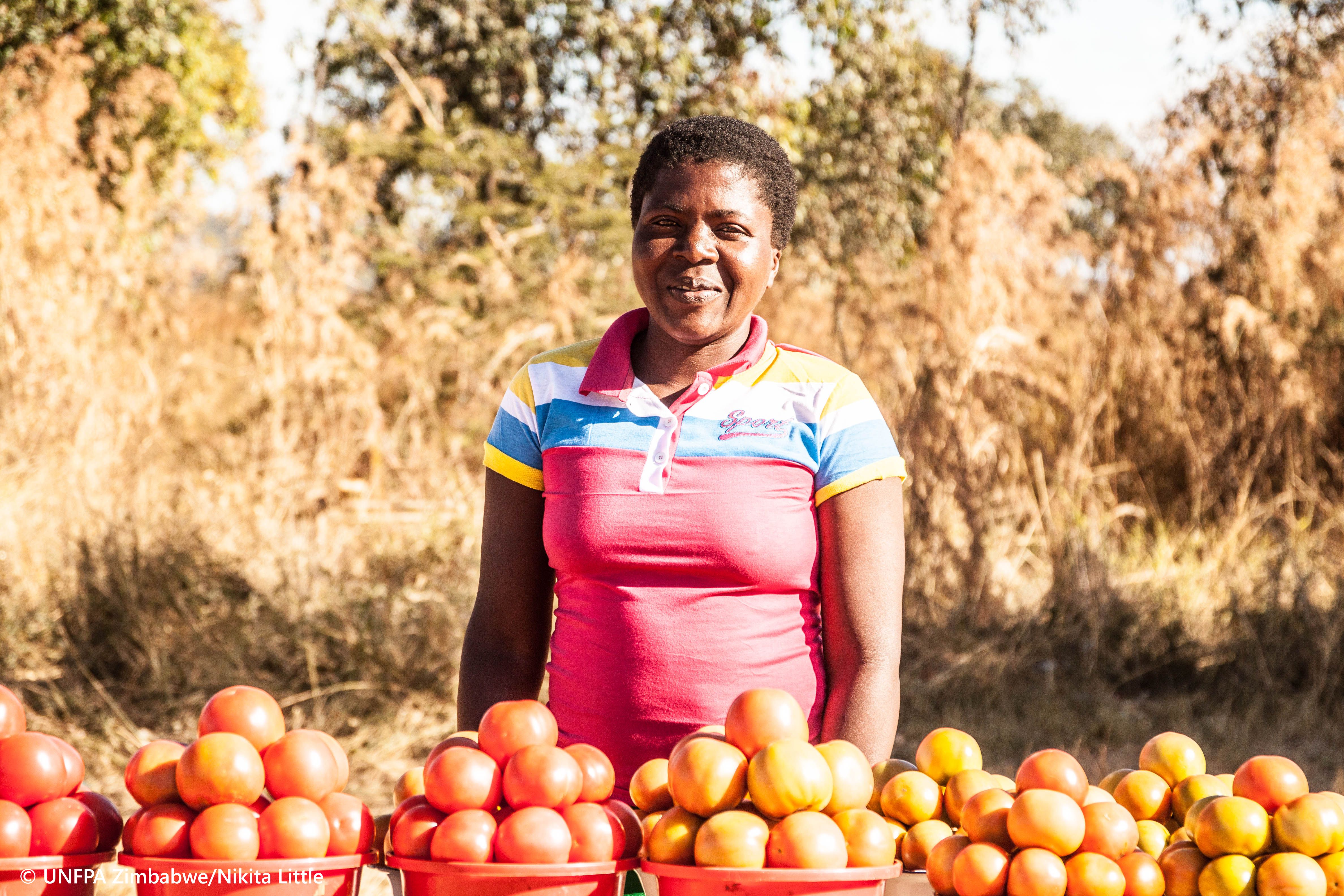
“After my treatment I sat down and started thinking about what I could do to sustain myself. It was then the season of ripening of mazhange (a wild fruit). So I went and I picked some in the forest and came to this road to sell,” said Adam. “From the proceeds of the sale, I then bought a gallon of tomatoes which I sold at the market and on the roadside. I have been doing this then. The last time I made profit, I managed to buy laundry soap and cooking oil for my family.”
Before the surgery, Adam and her husband had tried everything they thought would make her better.
“I had gone to hospital to seek help, I had gone to some church prophets and traditional healers to try and get help but everything failed,” says Adam.
I encourage other women with similar conditions to go to the hospital...I encourage other men with wives suffering from this condition to be supportive as possible in seeking medical treatment.
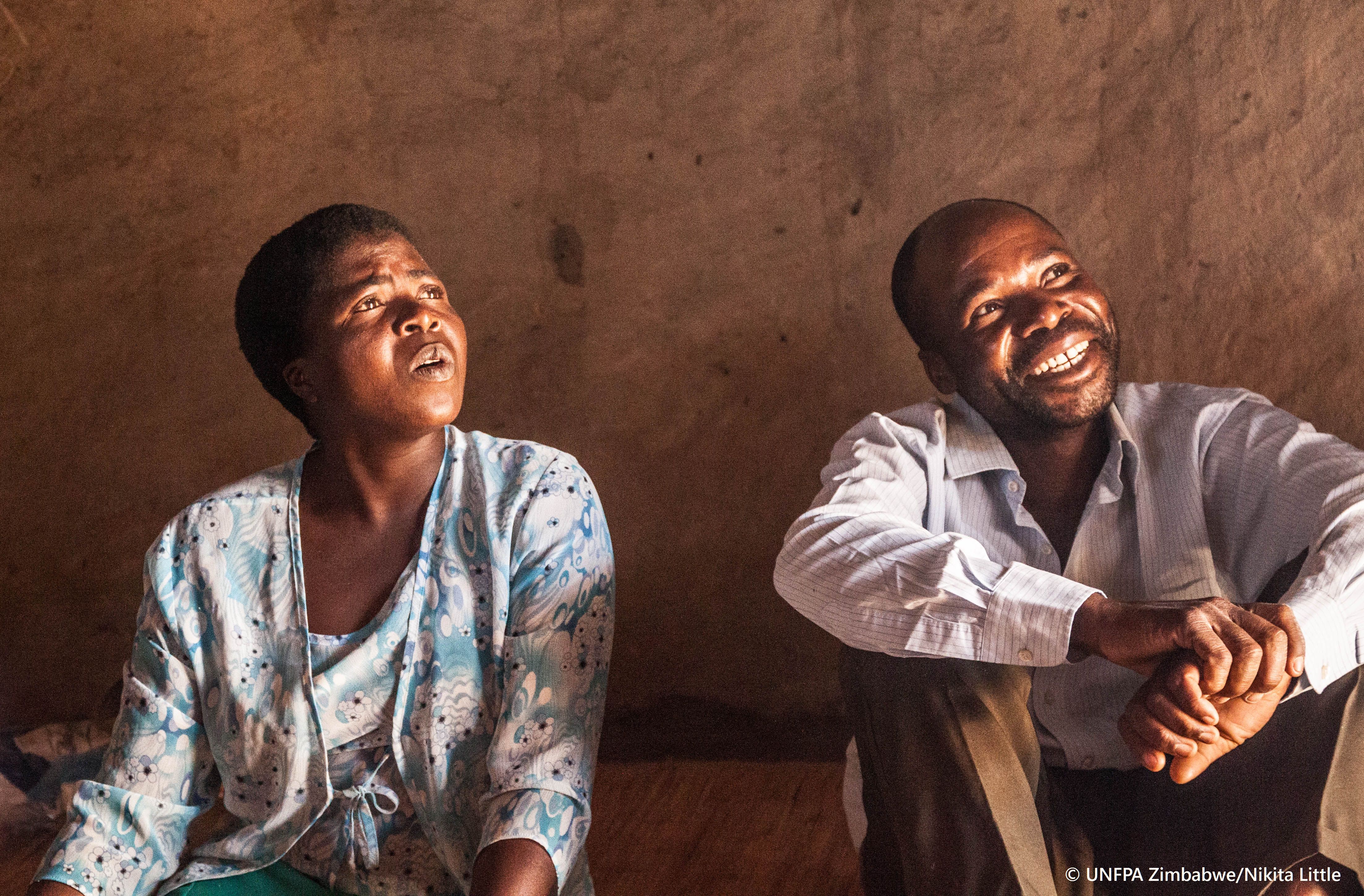
Adam’s husband, Roddrick said his wife’s treatment opened his eyes to the importance of seeking medical care. “It was a lesson for me that if you are ill you shouldn’t rush to n’angas (traditional healers) or church prophets because some conditions require medical attention,” he says. “I encourage other women with similar conditions to go to the hospital instead of just staying at home and thinking of getting help elsewhere. I encourage other men with wives suffering from this condition, to be supportive as possible in seeking medical treatment.”
We will continue mobilising for support for the Campaign to End Fistula so that we can restore the dignity of many other women who have fistula and prevent such birth injuries.
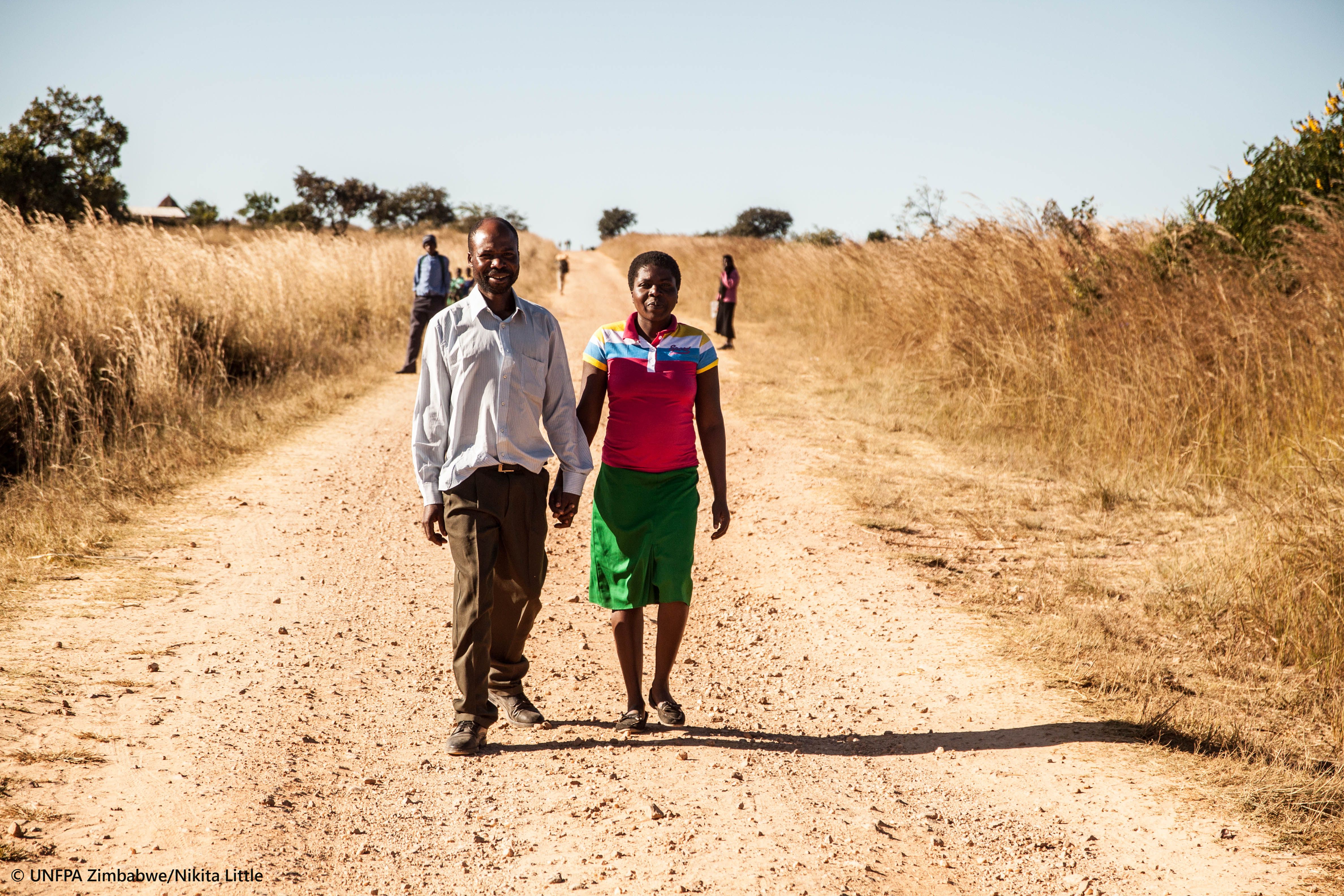
“It is these heart rending tales from women such as Adam that really give us the urge to want to continue reaching out to many other women,” said Cheikh Tidiane Cisse. “We will continue mobilising for support for the Campaign to End Fistula so that we can restore the dignity of many other women who have fistula and prevent such birth injuries.”
Adams now looks to the future with renewed energy. She hopes to one day go into poultry or become a small scale subsistence farming, selling her produce at wholesale price in the capital city of Harare.
“I lost so much time over the years; I need to catch up,” she says with a smile.
By Bertha Shoko and Victoria Walshe

